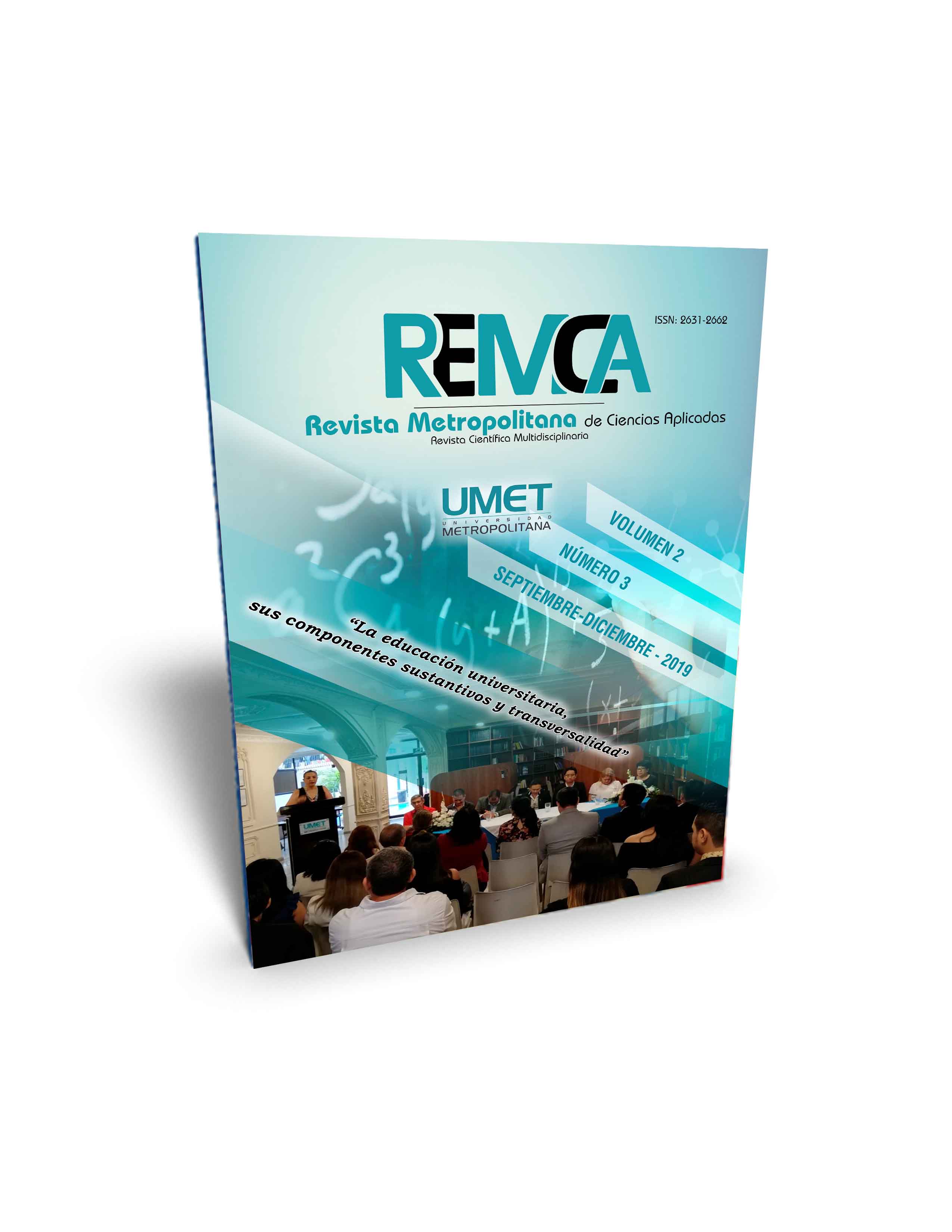Evaluation proposal of the national school coexistence program in an Actopan primary school
DOI:
https://doi.org/10.62452/jrwzac21Keywords:
Integral grade, school life, CIPP modelAbstract
The purpose of this work is to analyze the impact of the National School Coexistence Program based on the CIPP model (Context, Entry, Process and Product) for the promotion of a democratic, peaceful and inclusive school coexistence environment in the teaching practice of an elementary school in the municipality of Actopan Hidalgo. It will work on theoretical references aimed at the evaluation of school coexistence through the methodology of evaluative research of the CIPP model, elements of evaluation of democratic, peaceful and inclusive coexistence were also resumed. The research methodology for the development of the proposal is descriptive of qualitative type from the integral evaluation of the National School Coexistence Program through the identification of the elements: context evaluation, entrance evaluation, process evaluation and product evaluation.
Downloads
References
Aguilera, M. A., & Ahuja, R. (2018). Los ambientes de enseñanza y aprendizaje: la convivencia escolar. En La educación Obligatoria en México. México: INEE.
Bausela, E. (2003). Metodología de la Investigación Evaluativa: Modelo CIPP. Universidad de León. Revista Complutense de Educación, 14(2), 361-376. Recuperado de https://revistas.ucm.es/index.php/RCED/article/download/RCED0303220361A/16386/
Chávez, C., Gómez, A., Ochoa, A., & Zurita, Ú. (2016). La Política Nacional de Convivencia Escolar de México y su impacto en la vida en las escuelas de educación básica. Revista Posgrado y Sociedad, 14(1), 1-13. Recuperado de https://dialnet.unirioja.es/descarga/articulo/5875765.pdf
Fierro, C. y Carbajal, P. (2019). Convivencia Escolar: Una revisión del concepto. Revista Psicoperspectivas, 18(1). Recuperado de https://scielo.conicyt.cl/scielo.php?script=sci_arttext&pid=S0718-69242019000100009
Fierro, C., Fortoul, B., & Rosas, L. (1999). Transformando la práctica docente. Una propuesta basada en la investigación acción. Barcelona: Paidós.
Martínez, C. (2015). Evaluación de programas e instituciones algunos enfoques. Departamento de métodos de investigación y diagnóstico en educación I. Facultad de educación UNED. Recuperado de http://www.salgadoanoni.cl/wordpressjs/wp-content/uploads/2015/09/EVALUACION-DE-PROGRAMAS-E-INSTITUCIONESjsa15.pdf
Mena, M., & Huneeus, M. (2017). Convivencia Escolar para el aprendizaje y buen trato de todos: hacia una mejor comprensión del concepto. Cultura. Educación y Sociedad, 8(2), 9-20. Recuperado de http://patiovivo.cl/wp-content/uploads/2018/06/Convivencia-Escolar_-Isidora-Mena-y-Marcial-Huneeus.pdf
México. Secretaría de Educación Pública. (2016). Programa Nacional de Convivencia Escolar. México: Subsecretaría de Educación Básica.
Mora, A. (2004). La evaluación educativa: Concepto, períodos y modelos. Revista Electrónica Actualidades Investigativas en Educación, 4(2). Recuperado de http://www.redalyc.org/articulo.oa?id=44740211
Downloads
Published
Issue
Section
License
Copyright (c) 2019 Yadira Pérez Velázquez, Patricia Pineda Cortez, Irma Quintero López (Autor/a)

This work is licensed under a Creative Commons Attribution-NonCommercial-ShareAlike 4.0 International License.
Authors who publish in Revista Metropolitana de Ciencias Aplicadas (REMCA), agree to the following terms:
1. Copyright
Authors retain unrestricted copyright to their work. Authors grant the journal the right of first publication. To this end, they assign the journal non-exclusive exploitation rights (reproduction, distribution, public communication, and transformation). Authors may enter into additional agreements for the non-exclusive distribution of the version of the work published in the journal, provided that acknowledgment of its initial publication in this journal is given.
© The authors.
2. License
The articles are published in the journal under the Creative Commons Attribution-NonCommercial-ShareAlike 4.0 International License (CC BY-NC-SA 4.0). The terms can be found at: https://creativecommons.org/licenses/by-nc-sa/4.0/deed.en
This license allows:
- Sharing: Copying and redistributing the material in any medium or format.
- Adapting: Remixing, transforming, and building upon the material.
Under the following terms:
- Attribution: You must give appropriate credit, provide a link to the license, and indicate if any changes were made. You may do this in any reasonable manner, but not in any way that suggests the licensor endorses or sponsors your use.
- NonCommercial: You may not use the material for commercial purposes.
- ShareAlike: If you remix, transform, or build upon the material, you must distribute your creation under the same license as the original work.
There are no additional restrictions. You may not apply legal terms or technological measures that legally restrict others from doing anything the license permits.




